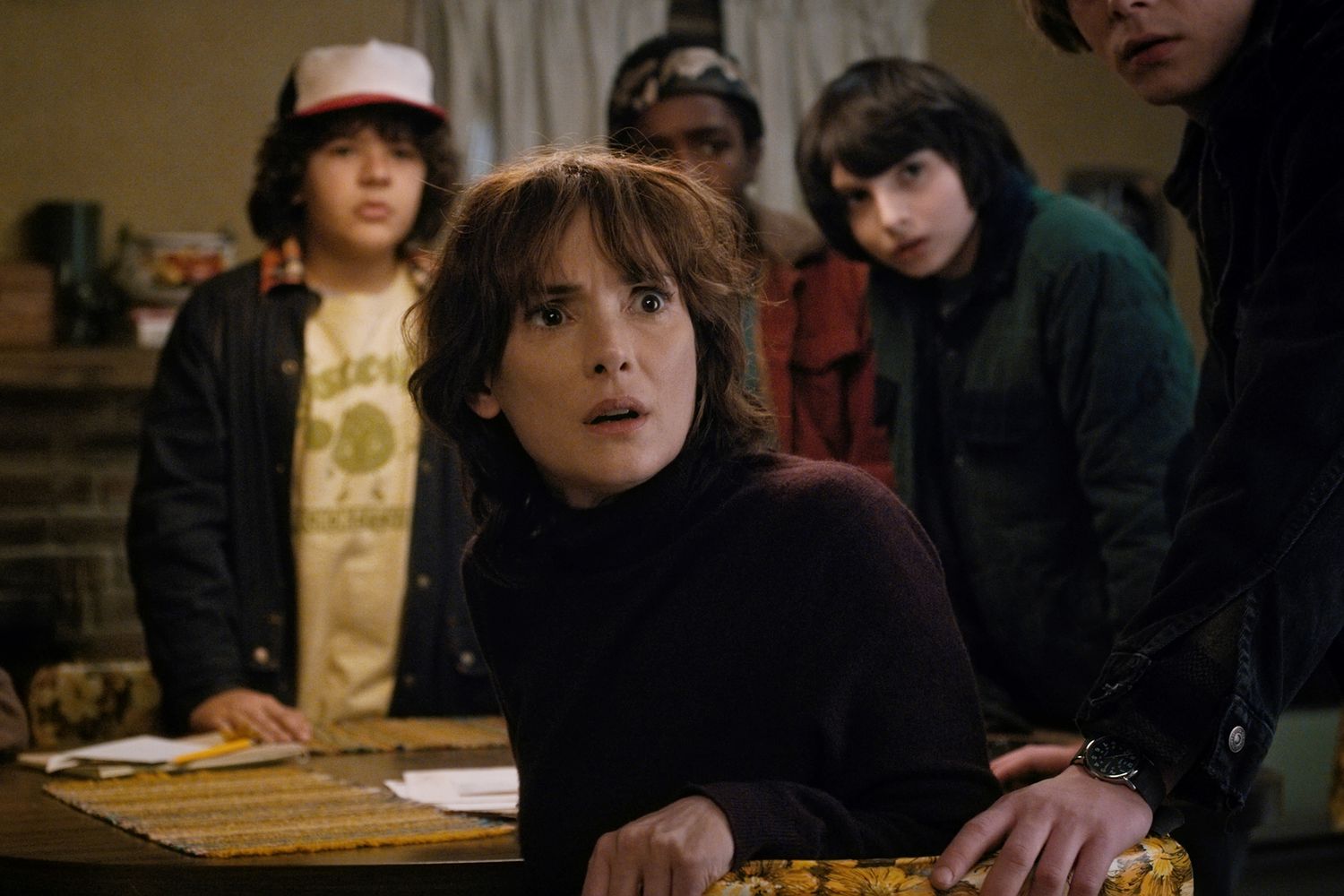There was great expectation to see the next film by Zaragoza’s Pilar Palomero after its debut, the magnificent ‘Las niñas’, with which he made his front door debut by winning the Biznaga de Oro for best feature film at the Malaga Film Festival and winning four Goya Awards, including one for best film. The director makes a big breakthrough with ‘La maternal’, Palma de Plata for Best Actress at the 70th San Sebastian Film Festivalwith which he approaches a cinema of social denunciation that borders on the thin line between fiction and documentary, with a narration far from the concept of self-referential proposal.

Although ‘Las niñas’ was an exercise in fiction, Palomero was inspired by his own childhood in Zaragoza in the early 1990s to make a careful portrait of female pre-adolescence in an environment far less advanced than what was seen from Madrid or Barcelona is a stark contrast between large capitals and provincial cities. In the case of ‘La maternal’, the director, who also signs the screenplay, undertakes to do so capturing a reality that is rarely talked about but which is still present in Spanish society: motherhood in adolescence.
Aware of the complexity of the subject, Palomero is engaged in a first-person narrative that allows us to see that what is being narrated is the specific story of its protagonist, Carla, a 14-year-old teenager who got pregnant by her best friend; Well, the young woman ends up meeting other teenagers who were also mothers at an early age, but their realities are completely different, thus making it clear that These are extremely subjective situations, although there are some common patterns.

In those common schemes, in which Palomero strikes, albeit in a tremendously subtle way, making the story flow organically. Here we see, for example, that Carla is also the daughter of a mother who had her as a teenager, Penélope, who had to face motherhood alone, without tools and forcing Social Affairs to intervene, more because she is a parent chaotic in constant learning what else. Palomero, with these premises, recalls that, on many occasions, adolescents end up reproducing what their mothers experienced.
Pilar Palomero offers a social gaze close to that of the cinema of the Dardennes or Sean Baker
Add to that that the arrival of the young woman at a center for underage mothers, where Palomero takes the opportunity to expand her social denunciation, from that first-person approach that was mentioned earlier. It is here that the director dwells on the shortcomings of the system when it comes to talking about the sexual education of minors; from how we forgot to talk about sex from an emotional perspective, beyond contraceptive prevention and sexually transmitted infections; easy access to pornography; on how they are environments in which minors can suffer violence and sexist abuse, both with a partner of the same age and with relatives or close relatives; the socio-economic vulnerability of many of them.
Palomero gives voice to those girls who should have been women before their time, he does it with respect, dignity and humanity; let them tell their stories. Here, Palomero mixes professional and non-professional actresses, many of them with experience in the child care facility that inspired the film, which lends more authenticity to Palomero’s story. In the middle, an interpretative whirlwind, Carla Quílez. The newcomer actress who also lends her name to her character and who surprises by showing an exceptional maturity for a professional her age. Quílez knows how to convey that inner fury that Carla experiences in the film, she does it with extraordinary skill, recalling Émilie Dequenne in ‘Rosetta’Rod Paradot in “Head High” or, more recently, Joely Mbundu in “Tori and Lokita” or Eden Dambrine in “Close”. We will have to closely follow the evolution of Quílez, who already aspires to be the best of his generation. Mention also for Ángela Cervanteswho knows how to humanly interpret that twenty-year-old mother who continues to experience that dilemma between being a woman and a mother at the same time.

While Palomero gives voice to these teenage-turned-mothers, nor does it forget the professionals who want them to move forward, thus also creating a vacuum of hope compared to the generation to which the protagonist’s mother belongs. This line represents the cooperative that gives accommodation to adolescents during pregnancy and in the following months or years, giving them the opportunity to continue their studies, without forgetting their new responsibilities as mothers. Here, the director, while acknowledging the work of these professionals (social workers, school counselors, psychologists, coordinators…), It also indicates the lack of resources facedonce again influencing the social denunciation aspect of his proposal.
Palomero maintains the intimate spirit of ‘Las niñas’, as well as continuing to portray an evolving femininity. However, with ‘La maternal’ there is a splendid evolution towards a style of cinema which evokes, in its technical part (sequence shots or shoulder camera), the style of the Dardennes; with a neighborhood look reminiscent of Sean Baker; with a protagonist with an internal volcano typical of Emmanuelle Bercot’s characters, e a detailed portrait of Jeanne Herry’s social services. A masterful exercise that consecrates Palomero as one of the most interesting filmmakers with a social vision of the new wave of Spanish filmmakers. A jewel that already aspires to become one of the essential titles of this 2022 which is about to end.
Note: 9
The best: Discover Carla Quílez’s talent and Palomero’s balance in her social denunciation, which she carries forward with authenticity, dignity and humanity.
Worse: Its outcome seems somewhat rushed, leaving it up to the audience to interpret what happens.
Source: E Cartelera
Bernice Bonaparte is an author and entertainment journalist who writes for The Fashion Vibes. With a passion for pop culture and a talent for staying up-to-date on the latest entertainment news, Bernice has become a trusted source for information on the entertainment industry.



